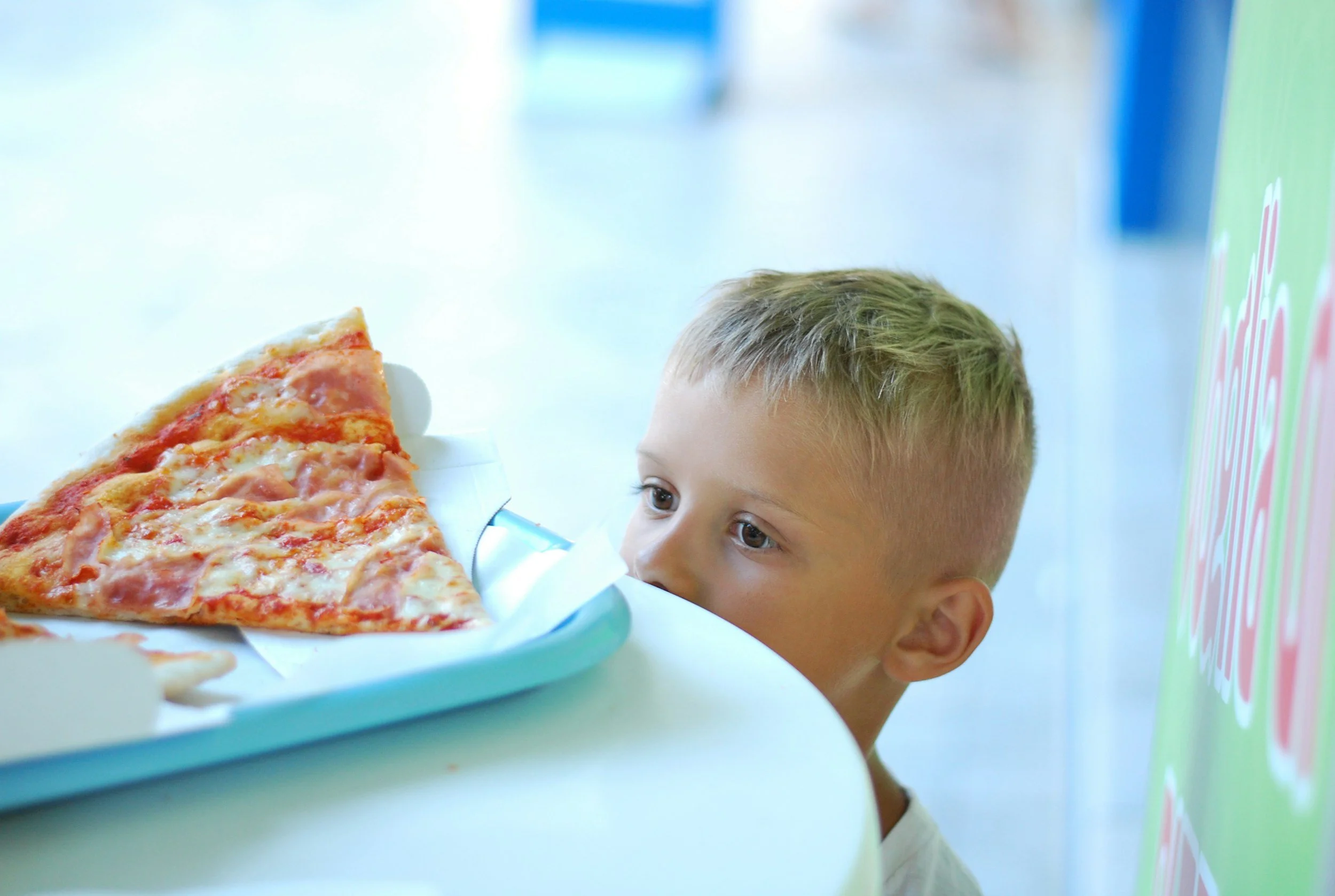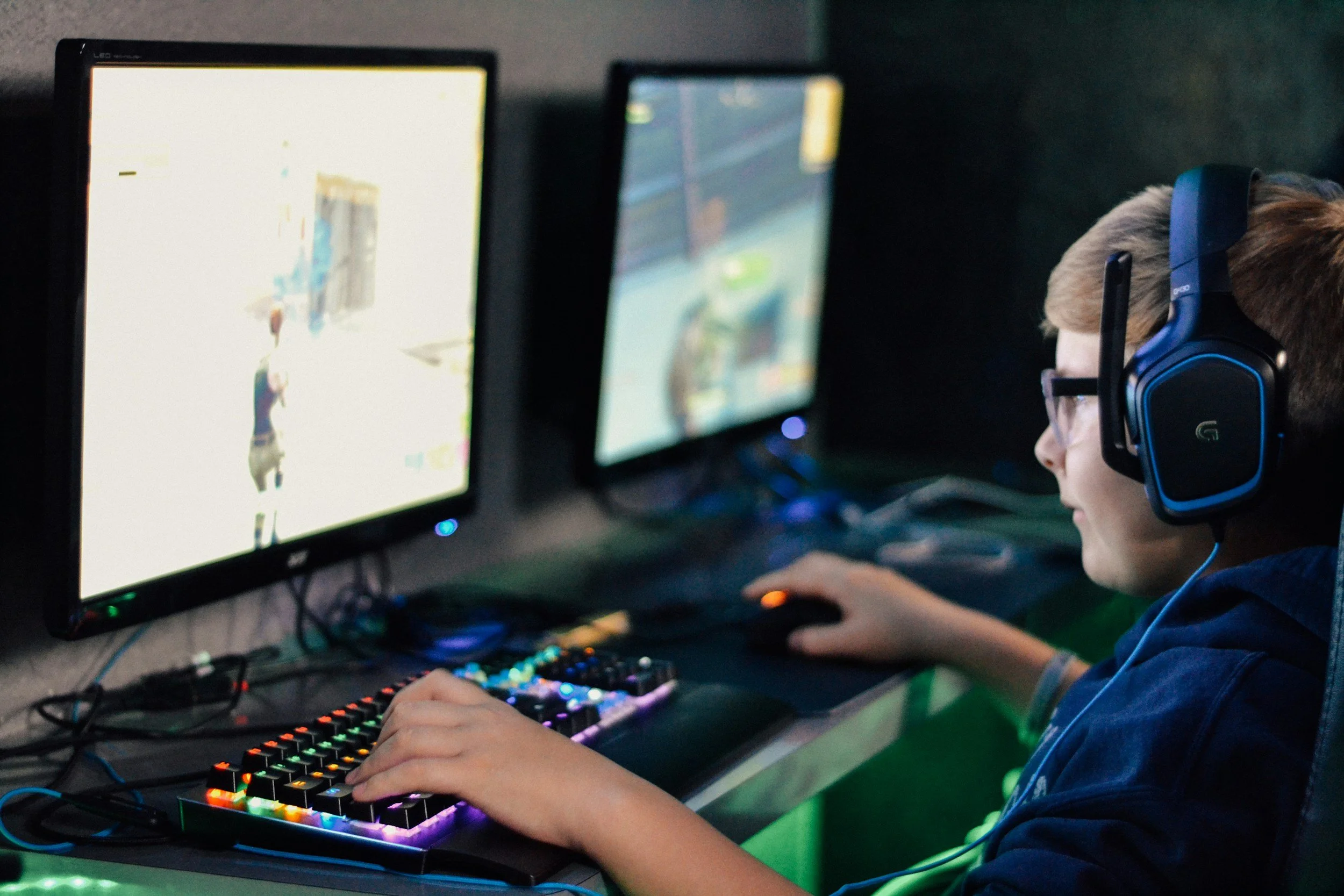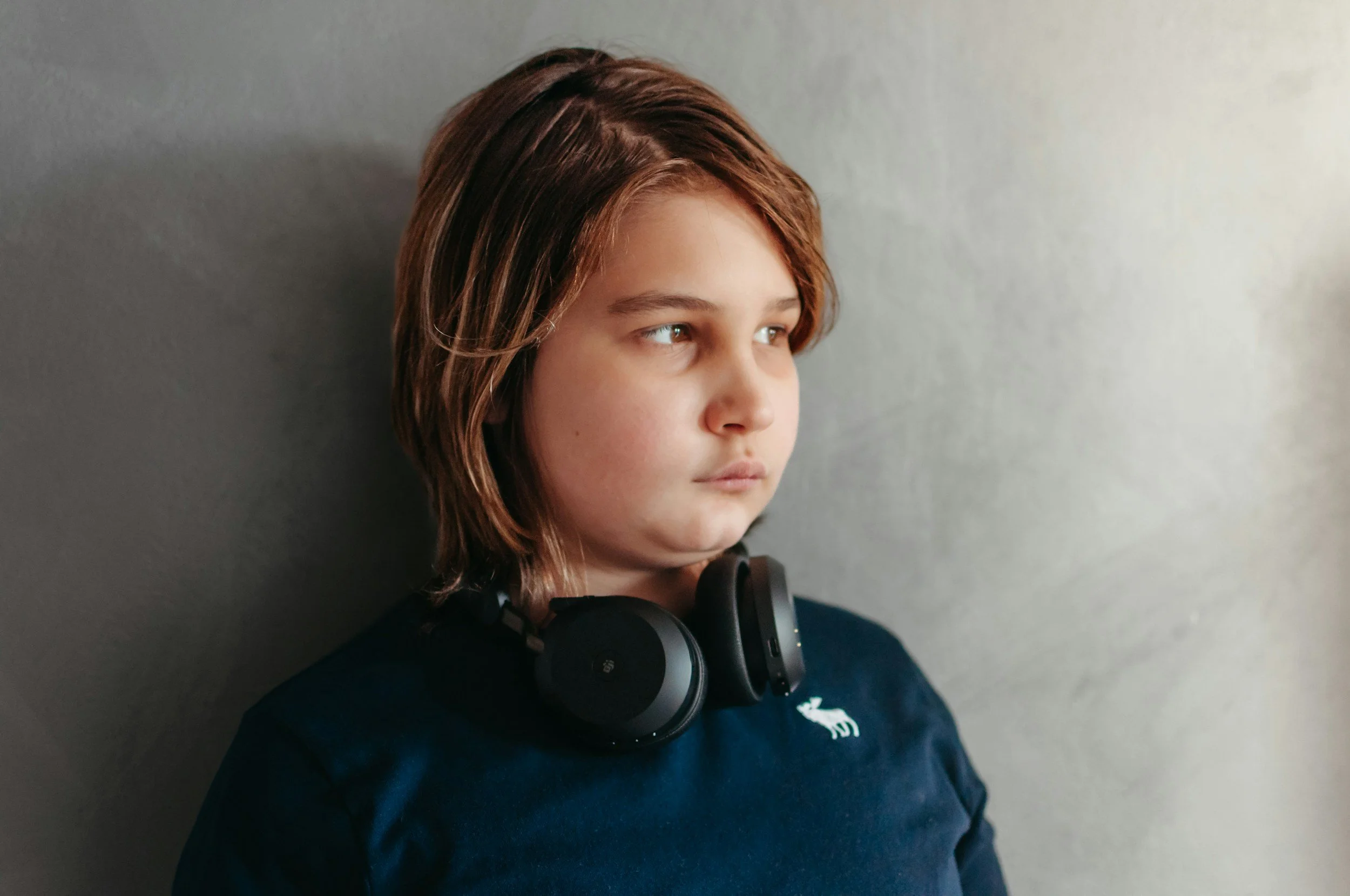
What to Expect in Your First Counseling Session
Beginning therapy can feel intimidating, but knowing what to expect can make it easier. Learn how first sessions work for children, teens, and adults at Reach Counseling.

Beyond Grades: The Everyday Skills That Help Teens Succeed
School performance is just one piece of the puzzle. This post explores how key executive functioning skills support teens in building confidence, independence, and balance beyond their report cards—and how parents can help nurture these skills at home.

Navigating the Fall Semester: Managing Mental Health Through Life Transitions
As the fall semester begins, many young adults are balancing excitement with emotional overwhelm. From academic pressure to loneliness, this time of year brings real mental health challenges. Learn how therapy and simple habits can help you feel more grounded, supported, and in control.

Picky Eating and Mental Health: More Than Just Mealtime Struggles
Picky eating is often about more than just food. It can reflect a child’s anxiety, sensory sensitivities, or emotional world. Understanding the mental health side of picky eating helps caregivers move from power struggles to compassion and connection.

Move Your Body, Free Your Mind: The Role of Exercise in Teen Mental Health
Exercise is not just about building strength. For teens, movement is a natural and effective way to ease stress, boost mood, improve sleep, and build confidence. Whether it’s dancing, playing sports, or simply walking outside, even small amounts of movement can make a big difference in mental well-being. This post explores why exercise matters and how teens can get started.

Helping Your Tween Navigate Friendship Challenges
Friendship ups and downs are a big part of the tween years—and they can be tough on both kids and parents. This post explores why social dynamics get more complicated around ages 9–12, common struggles like exclusion and peer pressure, and how you can support your child without overstepping.

A Parent’s Guide to Internet Safety: How to Encourage Safely Building an Online Community
Navigating your child’s online world can feel overwhelming—but you don’t have to do it alone. This post offers practical tips to help parents protect their children online while encouraging open dialogue and emotional well-being.

Supporting Kids Through Back-to-School Anxiety
If your child feels tearful at drop-off or dreads school mornings, you’re not alone. Back-to-school anxiety is a common response to change. With consistent routines, comfort strategies, and support from school staff, kids can learn to manage worry and build confidence. This post offers practical tools for parents to make the transition smoother for the whole family.

Easing the Back-to-School Transition: A Parent’s Guide to Supporting Kids in the First Few Weeks
The first few weeks of school can be just as challenging as the first day. Children may still be adjusting to routines, navigating new friendships, or managing worries. This guide offers practical ways parents can support emotional regulation, confidence, and connection during this early transition period.

When the News Feels Scary: How to Support Your Child or Teen
When scary news fills our screens, it’s natural for kids and teens to feel anxious or confused. In this post, we share simple tips to help you talk to your child about what's happening, ease their worries, and teach healthy ways to cope — all in an age-appropriate way.

Helping Kids Navigate Grief: What Every Parent Should Know
Grief looks different for every child, depending on their age, emotional development, and personal experience with loss. At Reach Counseling, we help parents understand how children process grief—from preschoolers to teens—and offer age-appropriate ways to talk about death, separation, and loss. In this guide, you’ll find research-backed strategies, creative activities to help kids express emotions, and local grief support groups in the Fort Worth area. Whether your child is struggling with the loss of a loved one, a pet, or a major life change, you are not alone. 💛

Why Choose a Child & Teen Therapist? How Specialized Counseling Makes a Difference
Not all therapy looks the same—especially when it comes to supporting kids and teens. Young minds experience and process emotions in unique ways, which is why specialized child and teen therapy is so important. At Reach Counseling, we use developmentally appropriate approaches like play therapy, expressive arts, and teen-focused counseling to help young people express themselves, build resilience, and develop confidence. Learn how working with a therapist trained in child and adolescent mental health can lead to stronger, lasting outcomes for the children and teens in your life.

8 Common Misconceptions About Play Therapy
When people hear “play therapy,” they often picture children building LEGO towers or playing with dolls while a therapist simply observes. It sounds fun, but is it real therapy? Absolutely. Play therapy is an evidence-based approach that helps children process emotions, develop coping skills, and navigate life’s challenges in a way that makes sense to them. From reducing anxiety to fostering emotional expression, play therapy is so much more than just “playtime.” Let’s debunk some common myths and uncover the real power behind this transformative approach.

Why Play Heals: The Science Behind Play Therapy
Discover how play therapy activates key areas of a child’s brain to promote emotional healing, improve self-regulation, and support growth. Learn why play is more than just fun—it’s transformative!

How Group Therapy Helps Children and Teens Thrive
Learn how group therapy can empower your child to navigate challenges, build essential skills, and foster emotional growth. In a supportive and therapist-led setting, group therapy helps young people connect with peers, practice social skills, and develop strategies to thrive both personally and in their relationships. This approach creates a space where children and teens can gain confidence, find belonging, and work toward lasting emotional well-being.

How to Help Your Child At School: Navigating Resources, 504 Plans, and IEPs
Learn how to advocate for your child at school by understanding the resources available, including 504 Plans and IEPs. This guide walks parents through communicating with teachers, requesting evaluations, and securing the support their child needs to thrive academically and emotionally.

Helping Your ADHD Child: Strategies for Thriving at Home and School
As a child and teen therapist—and a parent of an ADHD kiddo—I know firsthand how challenging it can be to help kids "do the things," whether that’s following routines, getting out the door on time, or managing emotions. Parenting a child with ADHD comes with unique hurdles, especially when big emotions show up unexpectedly. I recently hosted a parent workshop where we talked about these very challenges and shared strategies for creating structure while still being flexible. In this blog post, I want to share some of the key takeaways from that workshop to help make routines work better for your family and support your child’s mental health.

Helping Your Anxious Child: Tools and Tips for Parents
Anxiety in children is more common than you might think. It shows up in all sorts of ways—difficulty sleeping, trouble focusing, irritability, or even physical symptoms like stomachaches or headaches. As a therapist specializing in child and teen anxiety, I see these struggles every day, and as a mom, I know firsthand how confusing it can feel when your child is overwhelmed. Here are some tips and tools to help your anxious child.

How to Know if Your Child or Teen Needs Therapy
Navigating the mental and emotional well-being of our children and teens can be both rewarding and challenging. As parents and caregivers, it's natural to wonder about the signs that indicate whether a young person might benefit from therapy. Understanding these signs not only helps us support their growth but also ensures they receive the professional help they may need. We’ll explore key indicators that suggest when therapy could be beneficial for your child or teen, empowering you with the knowledge to make informed decisions about their mental health care.

How To Help A Teenager With Anxiety: Tips For Parents
Getting through the teenage years can be hard for both teens and their parents. As your child struggles with the pressures of school, social dynamics, and the ever-changing landscape of their own identity, anxiety may become a frequent companion. As parents, it's essential to provide the right support and guidance to help your teen build resilience and manage anxiety effectively. Here are some practical tips to assist you on this journey.
